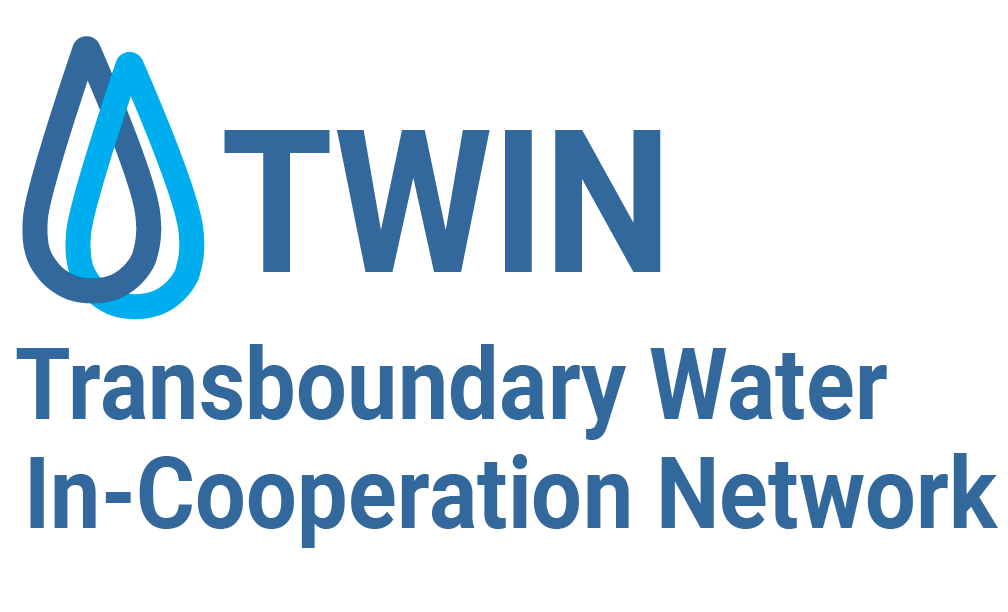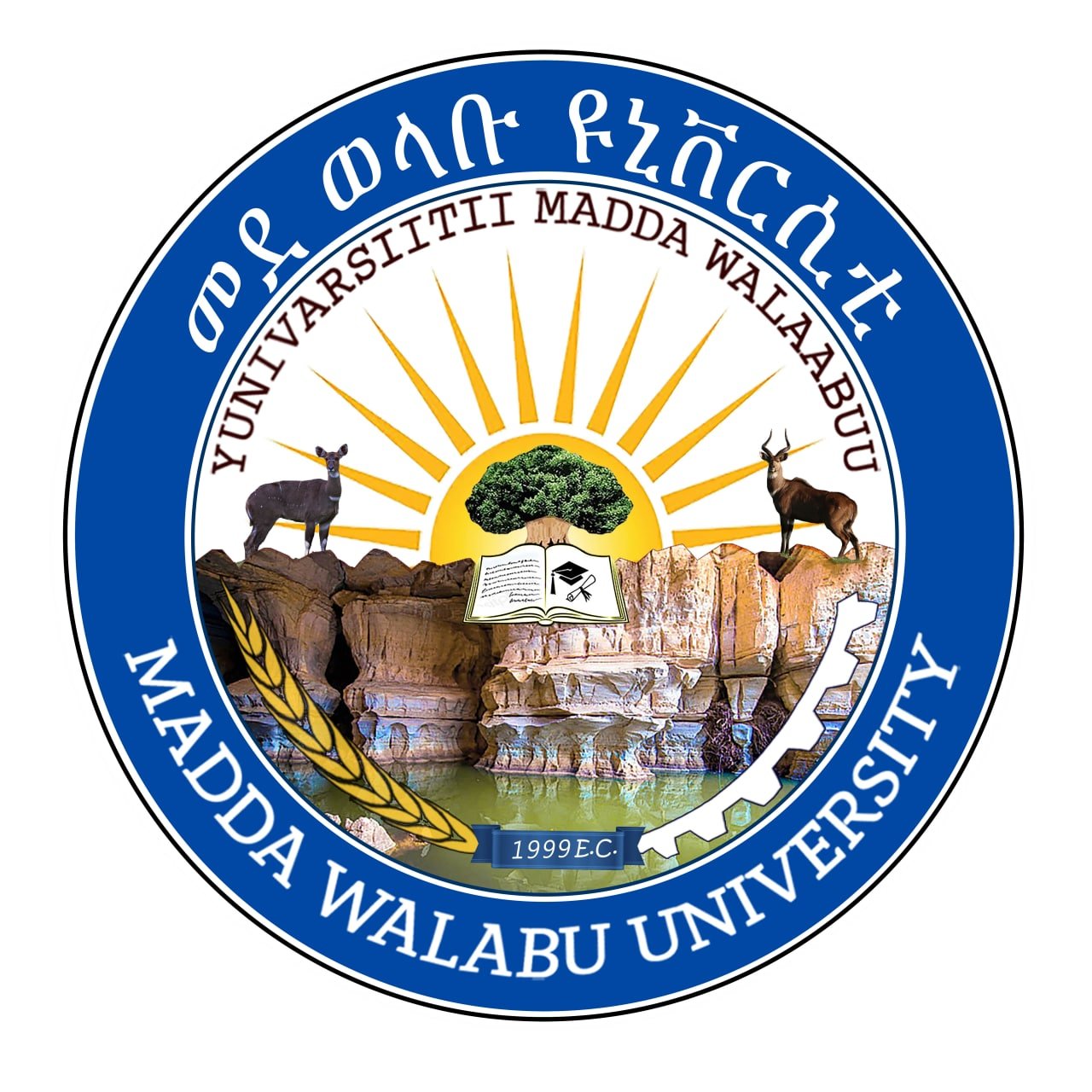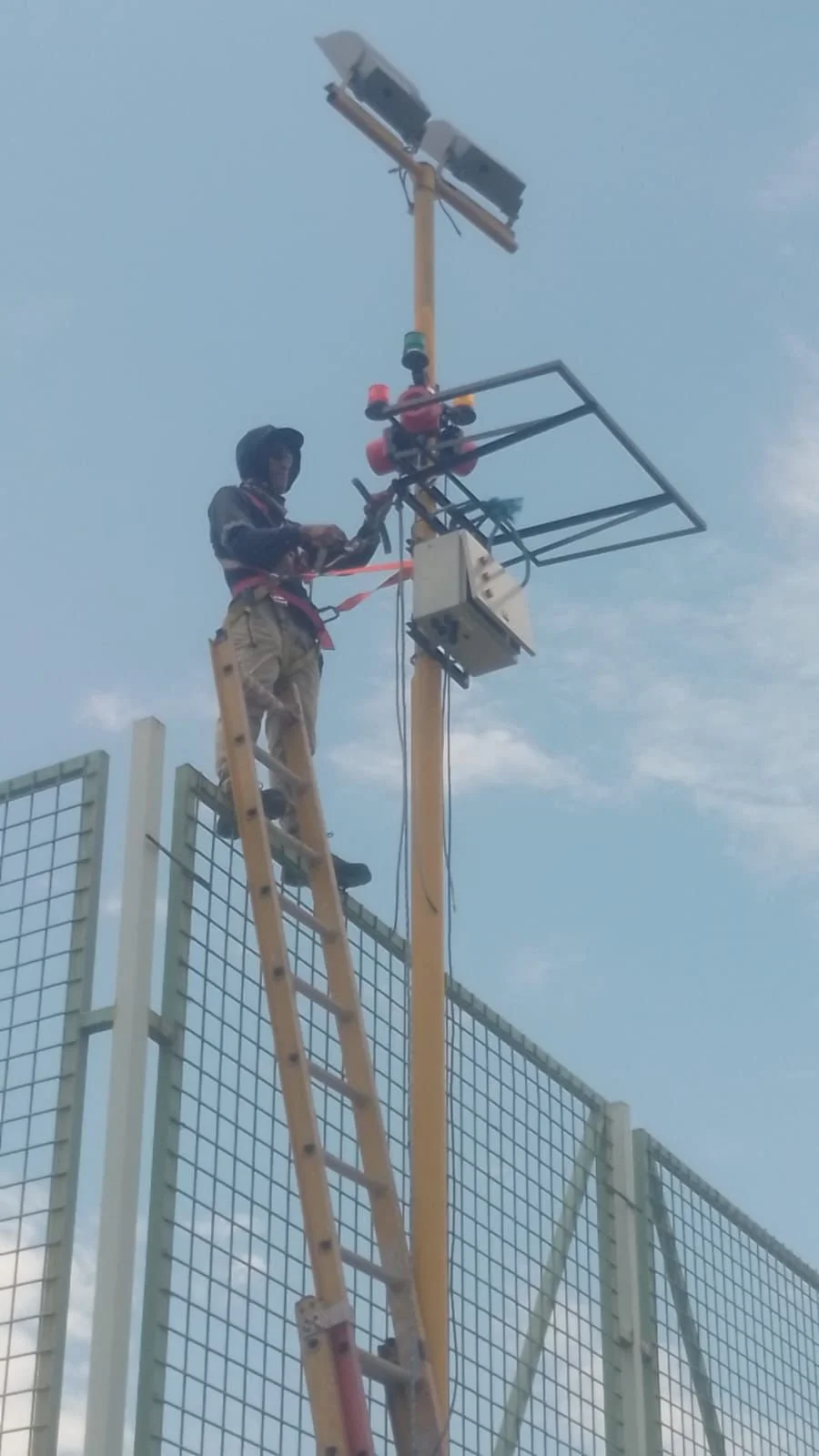
A lack of clean water and pollution, kill more people, especially women and children, than conflicts do.
Deteriorating Water Security
Ongoing conflicts have exposed more than 1 billion people to water insecurity, and have generated more than 100 million refugees in the last four decades.
Persistent conflicts are compounded by climate change, rapid urbanization, and land use development leading to increasing pollution in thousands of tributaries flowing into the focal rivers.
Extreme Floods and Droughts
Human development and land-use practices often reduce the adaptive capacity of local communities to cope with the projected heat waves, floods and droughts induced by climate change.
Globally (i.e. satellite) and regionally (i.e. meteorological) available data are insufficient for scaling adaptive, mitigative and anticipatory action.
Conflict and Cooperation
Governmental negotiations alone have proven ineffective in providing clean water to local populations.
Although 153 countries have territory within a transboundary basin, only 32 have most of that area covered by operational arrangements and only 24 report having all their transboundary basing are under cooperative arrangements.
Our Approach
Engaging 1000 frontline communities in data collection, solution development, facilitating transboundary cooperation, and co-designing nature-based solutions will ripple out to larger groups of stakeholders for broader transboundary cooperation and security.
Nature-Based Solutions (NBS)
Natural system enable human resilience in face of climate extremes and rapid changes to the environment. Leveraging nature-based solutions requires tacit and place-based knowledge that can be augmented by remote-sensing, continued monitoring and analytical support systems.
Crowdsourcing apps and in-person focus groups with vulnerable populations will be implemented to gather an inclusive response from a broad range of stakeholders in each basin to identify feasible portfolios of NBS and facilitate fund-raising from international agencies and social capital investors to implement the prioritized NBS.
-
Portfolio of nature based solutions will be co-designed with communities in consultation with community scientists, policy makers and social capital investors.
Based upon the synthesis of the data gathered from Science and Diplomacy programs, initial assessment of NBS portfolios will be co-configured for each community.
The NBS portfolios will be refined and converted into project plans/proposals for accessible donors.
Diplomacy
While diplomacy around water security through official government channels has varying levels of success, unofficial exchanges between scientists and communities across borders play an important role in the solution of international conflict and in the management of socio-ecological systems that span across man-made borders. This type of diplomacy is known as Track Two and Track Three diplomacy — the former being between scientists, academics, civil society organizations, and the latter between communities at the grassroots level.
We will hold thirty Track-2 (scientist-scientist) and Track-3 (citizen-citizen) environmental diplomacy workshops over five years: one per year for each of the six river basins. These workshops will identify context-sensitive, feasible policy and governance solutions to facilitate transboundary water cooperation among upstream and downstream riparian countries, provinces/states within countries and among representatives of multiple sectors (agriculture, mining, water resources, mining, energy, housing etc).
-
To promote cooperation and mediate peacebuilding among upstream and downstream riparian countries of the focal six transboundary basins, 30 environmental diplomacy meetings of scientists and community networks will be convened.
-
1000 community ambassadors will be trained based on TWIN Diplomacy Training
Ambassadors will participate in
TWIN Portal
Crowdsourcing Knowledge and Catalyzing Action
Powered by CogniCity Open Source Software, TWIN Partner PetaBencana.id is a free, web-based platform that produces real-time disaster maps using both crowd-sourced reporting and government agency validations. The platform harnesses the heightened use of social media and instant messaging during emergency events to gather confirmed situational updates from street level, in a manner that removes the need for expensive and time consuming data processing. These verified user reports are displayed alongside relevant emergency data collected by local and government agencies. By integrating localized knowledge from a variety of sources into a single, robust platform, PetaBencana.id is able to provide a comprehensive overview of disaster events, enabling residents, humanitarian agencies, and government agencies to make more informed decisions during emergencies.
PetaBencana.id has proven that community-led data collection, sharing, and visualization reduces flood risk and assists in relief efforts. In the 2015 World Disaster Report of the International Federation of the Red Cross, the project was recommended as a model for community engagement in relation to disaster response. In 2016, the Federal Communication Commission of the United States also recommended the project as a best practice regarding disaster information crowdsourcing.
Early Warning and Early Action
Early warning and early action systems (EWEAS) provide critical information to anticipate and prevent crises before they occur. Effectively designed EWEAS are integrated with institutional mechanisms at multiple levels of governance to mitigate the impacts of hazards and build resilience against disasters and conflicts.
Particularly noteworthy is the integration of artificial intelligence (AI) technologies in the design of EWEAS. These systems, characterized by high spatial and temporal resolution, are not only automated but also capable of self-learning and enhancing forecast accuracy through the continual cross-validation of forecast data against actual hazard or conflict monitoring data. This evolution marks a significant leap in predictive capabilities for more accurate, reliable, and actionable insights.
TWIN Partner Vietnam Water Cooperation Initiative created a Forecasting System leveraging artificial intelligence for early warning and early action in the Mekong river basin.
Transboundary Water Professional Training
TWIN offers professional training for individuals and organizations interested in solving transboundary water issues. By gaining knowledge and tools in both the scientific and technical side of water management as well as concrete skills in conflict mediation and peace-building, TWIN hopes to stimulate cooperation and collaboration to address the complex problems of transboundary waters. The following modules focus on substantive Issues in Environmental Diplomacy (including water rights and access, climate change mitigation, pollution degradation, diplomacy and security):
Human Mobility, Forced Migration and Displacement
Peace Building
Data Collection for Science Diplomacy
Conflict Resolution Skills (including Mediation, Negotiation, and Facilitation)
Strategic Planning, Development and Project Design
International Human Rights Law




































